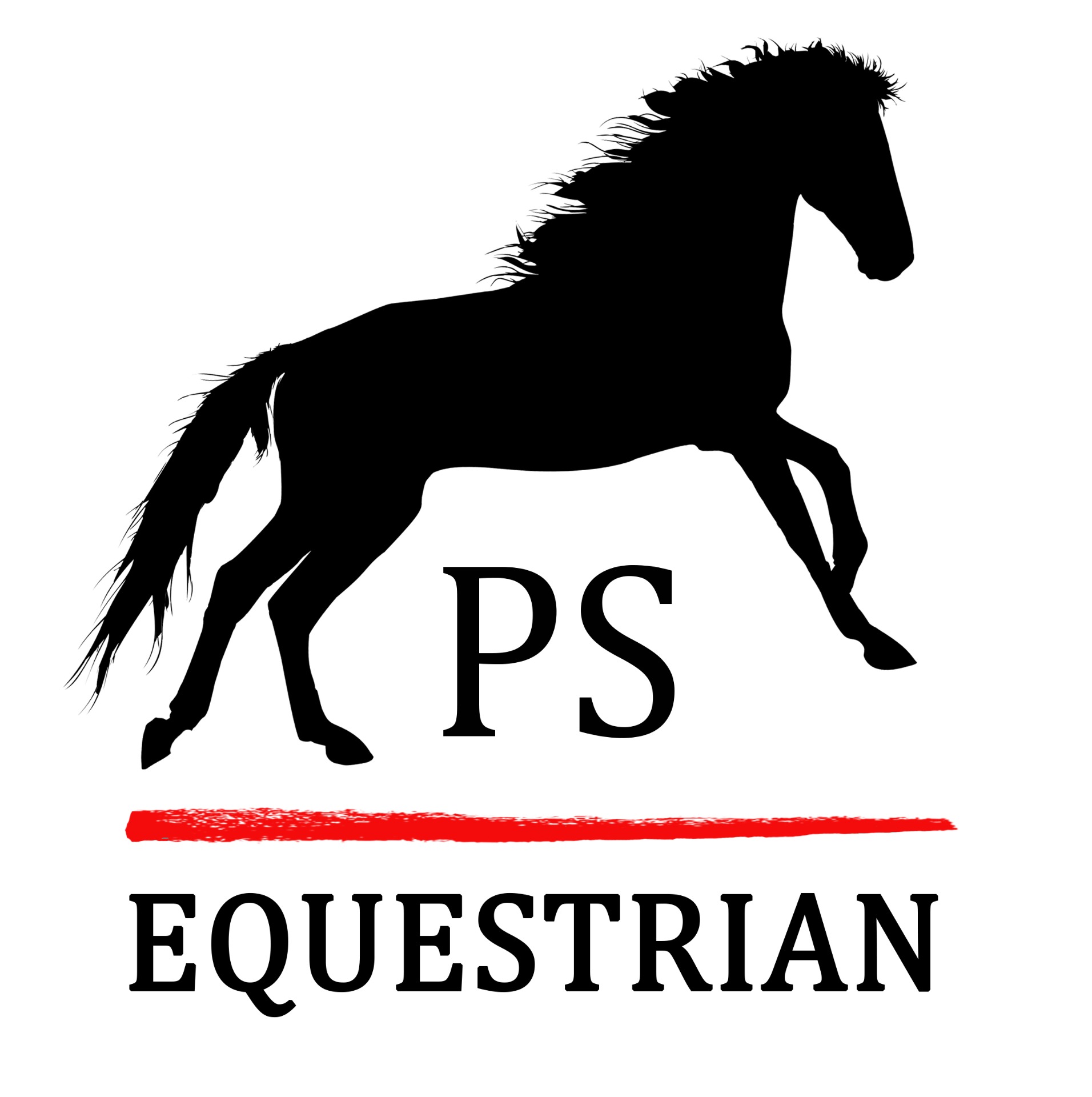Learning The Basics Of Building A Strong Bond
You certainly aren’t the only owner out there who realises that they don’t know where to start when it comes to training. In fact, I’ll let you in on a secret – I’ve felt that way myself in the past! But that doesn’t mean you should give up before you even get started. If you feel that you simply don’t have enough experience to train your horse correctly there are steps you can take to turn things round.
You need to gain more knowledge, improve your riding skills and horsemanship, and work with a professional who has the necessary skills and expertise to point you in the right direction. You need a trainer, a rider, and a horse behaviour expert to help you learn the basics of horse ownership and gain the fundamental knowledge you need to build a strong bond with your new horse.
An experienced trainer can cover all three of these aspects and help you overcome the problems that you’re experiencing.
How do I know this? Because I’ve been in exactly the same position as you!
When I got my first horse, I got so much help and knowledge from my own trainer, and it’s thanks to their expertise that I have the skills that I have today.
The right trainer and coach can work with you to assess the issues that you’re having and find the best ways to resolve them. They’ll develop a training plan that incorporates ground work, ridden work, and natural equitation systems that will get you the results you need.
Consistency and regular training are key. Patience is a virtue, and as long as you follow the process, the result you desire will come naturally in time. Success is the natural consequence of a well-panned training schedule for the horse and rider, and with support and guidance, you’ll see effective, long-lasting results. Before you know it, you’ll be enjoying horse ownership again, and embarking on the path to a long and happy riding partnership.




